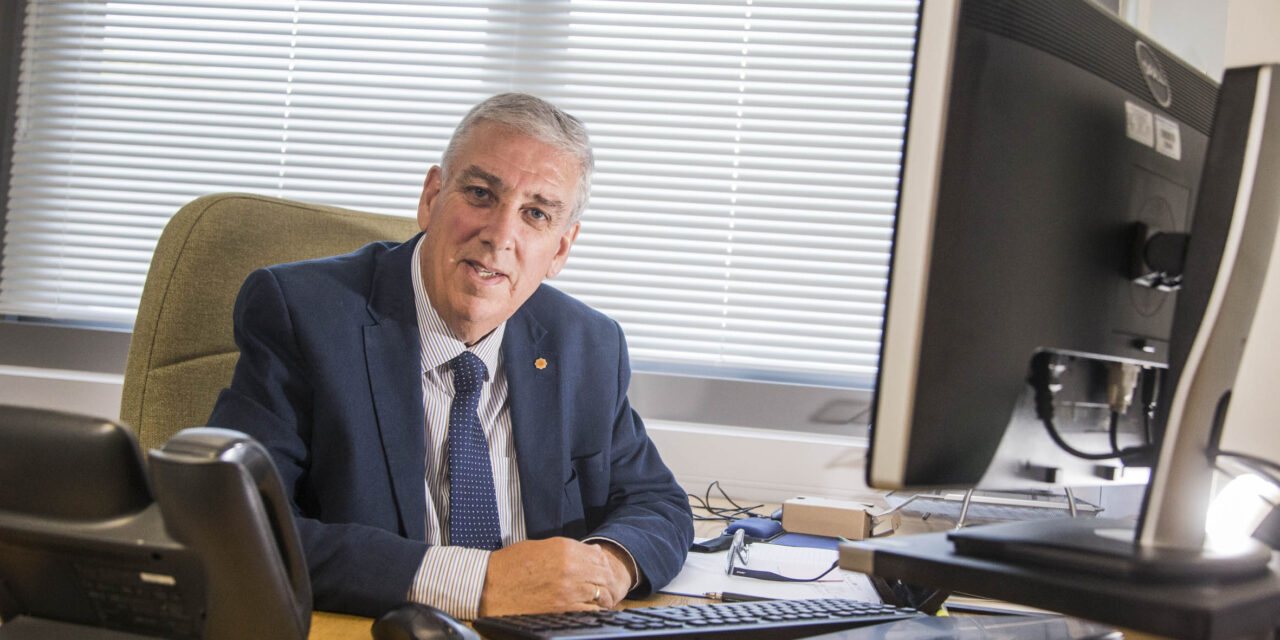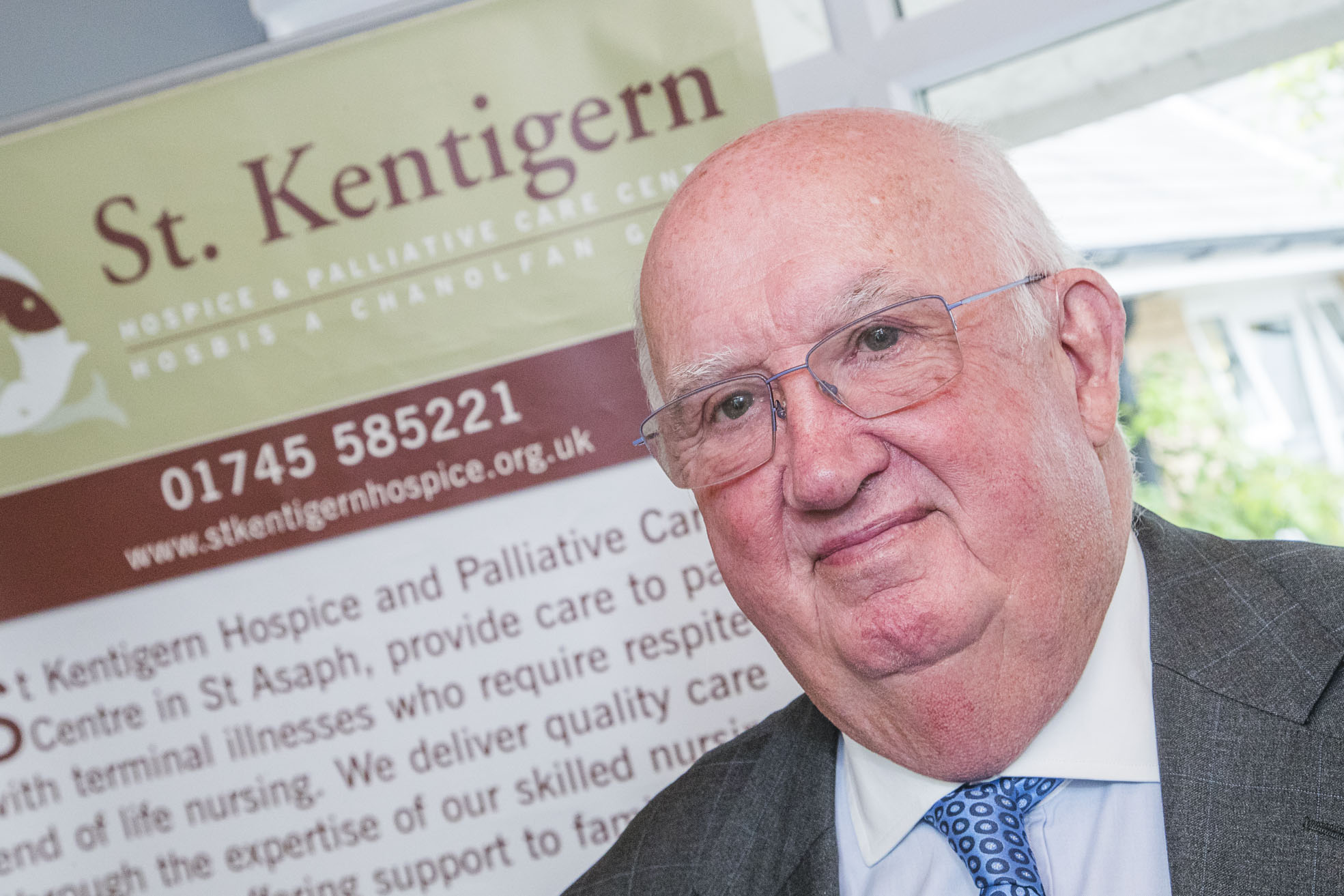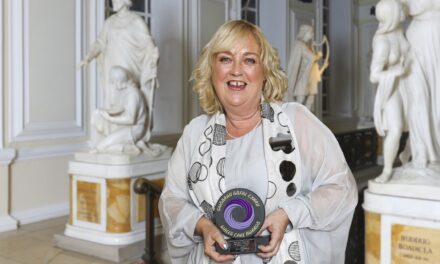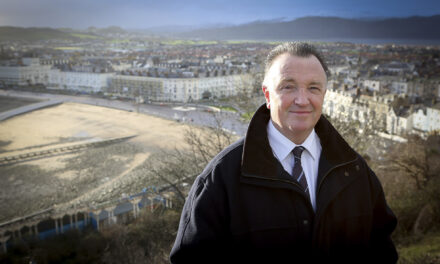A police boss is calling for cannabis to be regulated to cut out organised crime and allow people to grow a limited amount of it for their own personal use
According to North Wales Police and Crime Commissioner, Arfon Jones, it should be legally controlled just like alcohol and tobacco which caused more harm to individuals and society in general.
Mr Jones, a former police officer, is calling for a new licencing system to be introduced so that cannabis could be sold through pharmacies and in shops as happens in Canada, Uruguay and certain states in America.
The commissioner is a long-standing campaigner for the reform of drugs laws because, he says, they just don’t work.
He believes prohibition is counter-productive and plays into the hands of drugs overlords.
Mr Jones said: “It is a nonsense to criminalise people who take cannabis for recreational use and cause no harm to anybody else.
“The best way to reduce the role of organised crime in the supply of drugs is to put it in commercial hands and to price it appropriately so people don’t need to go to the illegal market.
“Commercial organisations have taken over the medicinal cannabis market and are selling prescriptions at a vast cost even though it is cheap to grow. That’s just “exploitation in my book.
“My view is that people should be allowed to grow a limited number of cannabis plants for their own use.
“Let’s face it there are probably hundreds of thousands of people in this country who grow cannabis in their own homes now.
“They’re not harming anybody else and there is no reason why they should be punished through the criminal justice system.
“It would be sensible to follow the example of Spanish cannabis clubs where people are allowed to grow seven or eight cannabis plants in the club.
“If you were starting from scratch I think cannabis would be more lightly regulated than alcohol is now because I think everybody agrees that alcohol is far more harmful to individuals than cannabis is.
“Just like alcohol, you should have age restrictions on the purchase and consumption of cannabis is a regulated market.
“That age limit could be 18 or 21. If you’re in the USA you can’t consume alcohol until you’re 21 but I am not hung up on the issue of age. I would respect the advice of experts on this matter.
“What I am clear about is that chasing and prosecuting recreational users of cannabis should not be a police priority when they are causing absolutely no harm to anybody else.
“Rather than overload an already creaking criminal justice system, we need a more enlightened and more effective approach.
“In the autumn I will be launching a new scheme called Checkpoint in North Wales – after it was developed by Cambridge University and successfully trialled in Durham – which is designed to divert low level offenders away from criminality.
“We need to recognise that 90 per cent of drug consumption including cannabis is recreational use and non-problematic.
“In those cases, people should be given some educational information and that would be the end of the matter.
“Meanwhile, the legal position in relation to medicinal cannabis has been well and truly fudged as a matter of political expediency to avoid a PR disaster caused by the heart-rending cases of several children like the chronically ill Billy Caldwell who needs cannabis oil to ward off life-threatening fits.
“It is also unjust and cruel that people living with conditions like multiple sclerosis who use cannabis are putting themselves at risk of being prosecuted.
“At a time when North Wales Police has had to contend with £30 million in austerity cuts since 2010, we need to be focusing instead on the supply of illegal substances because of the violence associated with it, the problems it causes and the exploitation of young people and vulnerable people.
“It is unfair that a conviction for minor cannabis possession can blight a person’s future career.
“That’s what happens when people go through the criminal justice system. so we need to look at a different way and we are doing that here in North Wales.
“I recently visited Montevideo which is one of the most prosperous capital cities in Latin America, so clearly when they regulated cannabis back in 2014 the sky didn’t fall in. It’s a lesson we should learn here.”










